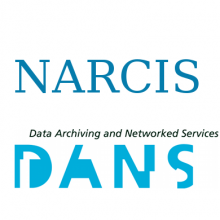Resource information
Documentation of land rights can ensure tenure security and facilitate smooth land transactions, but in most countries of the global south this has been difficult to achieve. These difficulties are related to the high transaction cost, long transaction times, and procedural rigidity of land registration processes. In response to these problems, innovative approaches of tenure documentation have been conceived at a global level and are being promoted in many countries of the global south. Little is known yet about how such innovative land tenure documentation approaches unfold in various contexts and to what effect. The implementation of innovative approaches is challenging, due to the legal pluralistic nature of land governance and administrative hybridity in many countries of the global south, including the West African region. This qualitative study explores how Meridia, a small for-profit company, develops innovative approaches to register land rights in the form of “documentation packages” within the existing institutional setting of Ghana. In the paper, we describe both the processes of preparing the documentation packages and respective actors involved, as well as the nature of encounters between innovative interventions and existing institutions. Meridia develops specific products in response to both the regional diversity of land tenure, uses, and market demands, as well as in response to the challenges that the institutional context poses to the process of land tenure registration. As such, the case illustrates how innovation evolves in step-by-step fashion through negotiations with existing land institutions. The various documentation packages developed in this manner differ in terms of cost and complexity of preparation, in terms of recognition by customary and statutory institutions, as well as in the usability of the issued certificates and the extent of exchangeability of associated land parcels. Therefore, Meridia’s product innovation reflects the continuum of land rights, but it also poses questions for future research regarding the political economy of land tenure certification and regarding the actual uses and benefits of issued certificates.


